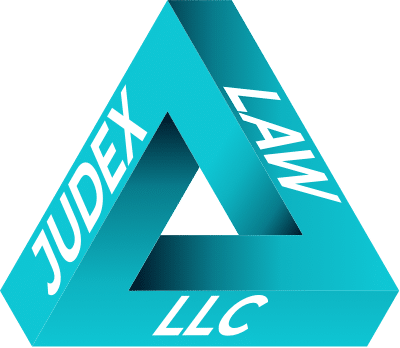When a customer files a complaint about a financial advisor or broker-dealer firm, the dispute information is entered into the Central Registration Depository (CRD), overseen by the Financial Industry Regulatory Authority (FINRA). This information also appears on BrokerCheck, a publicly searchable database where anyone can look up a financial advisor and learn about any dispute information or reports of misconduct. Unfortunately, FINRA does not require customer dispute information to be investigated or validated, meaning that inaccurate or downright false accusations can appear on these individuals’ professional profiles. Those struggling with baseless customer complaints have the right to file an expungement request with FINRA. If the request is granted, the matter is overseen by a panel of three independent arbitrators who determine whether to award the financial advisor the expungement they seek. So, who are these independent arbitrators, and what rules or guidelines must they follow? This post will address these common questions about FINRA’s arbitration proceedings.
How FINRA Arbitration Works
Financial advisors seeking an expungement of customer dispute information may file a request with FINRA. The parties must appear before a panel of independent arbitrators who hear oral arguments, review documentary and testimonial evidence, and arrive at a decision. The panel’s decision (also known as an “award”) is final and binding on all parties. It’s essential to note that while FINRA provides the arbitration forum, it has no role or influence in the process or the award. If the panel awards the financial advisor’s expungement request, this party must take the written award to court for official approval and submit this document to FINRA.
Guidelines for FINRA Arbitrators
FINRA recognizes that independent arbitrators may wish to promote their services by mentioning their role as a FINRA arbitrator. First, an individual must meet four requirements to serve as an arbitrator. They must show that: (1) they are able to serve impartially; (2) they can serve independently from the parties, witnesses, and other arbitrators; (3) they are competent to serve; and (4) they will be able to devote the time and attention to this role. A recent FINRA newsletter outlined some additional guidelines its arbitrators must follow, including abiding by a Code of Ethics, maintaining confidentiality, and following specific procedures for disposing of documents. Below is a brief overview of these rules to help you better understand the regulations and protocols governing independent arbitrators.
Complying With a Code of Ethics
Arbitrators wishing to participate in FINRA-related proceedings must adhere to the Code of Ethics for Arbitrators in Commercial Disputes. If an arbitrator wants to mention their experience as a FINRA arbitrator to market their services, they must ensure that any statements they make are truthful and accurate. Specifically, the Code of Ethics states that any advertising or promotional statements regarding their “willingness or availability to serve as an arbitrator must be accurate and unlikely to mislead.” Additionally, FINRA clarifies that arbitrators may not use the FINRA logo in any of these promotional materials, and they must be clear that they are not employees of FINRA. Any discussion of the FINRA arbitration process or their experience with it must be done “neutrally and objectively,” and they cannot include names or details of actual cases. Any exaggerations or misleading statements can put the arbitrator at risk of violating the Code of Ethics, leading to potential penalties.
Confidentiality is Essential
Those serving as arbitrators on a FINRA panel must maintain confidentiality at all times, even after the award has been issued. Information regarding specific cases, such as motions, orders, evidence, documents, testimony, or deliberations, must be kept confidential. If an arbitrator is approached by the media to comment on a specific case, FINRA advises them to exercise caution and refrain from discussing the matter in any detail. Breaching confidentiality can lead to significant consequences.
Protocols For Disposing of Documents
Documents and evidence are essential to the arbitration process. However, once the matter has been resolved, the arbitrators must adhere to safe disposal policies to maintain confidentiality. Case materials should be shredded or submitted to FINRA’s Dispute Resolution Services for proper disposal. Failure to follow these guidelines may result in penalties.
Navigating FINRA’s Arbitration Process
If you’re struggling with an inaccurate or baseless customer complaint that’s tarnishing your reputation as a financial advisor, reach out to a trusted and experienced securities law attorney right away. Your attorney will assess the details of your situation and help you understand your options. While financial advisors may participate in arbitration without legal representation, hiring a securities lawyer is highly recommended. Your attorney will answer your questions, address your concerns, and support you at every step of the arbitration process. Don’t let unfair customer dispute information negatively affect your career—contact a skilled attorney to help you obtain your desired outcome.
Contact Judex Law LLC today at (303) 523-4022 to learn more about your options for pursuing a FINRA expungement request with a dedicated securities law attorney.

